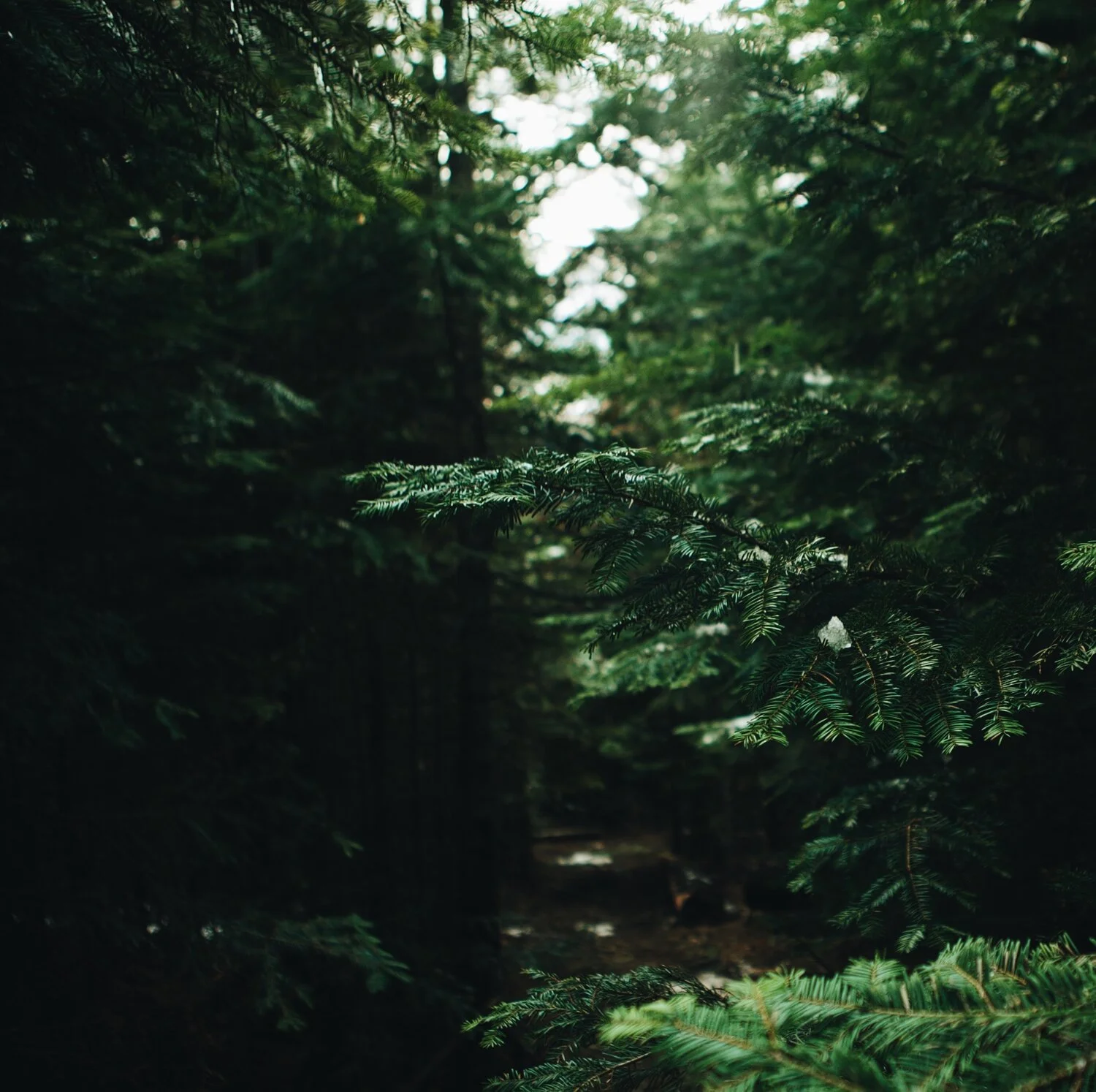Powerless No More
With horror in his voice, the guide blurted, “Hurry, hurry!” The wind blew the tall trees. Leaves covered the dark, slick trail, and tree branches blocked my view.
“Hurry! Police!” the frightened man shouted. The fear of capture by the Croatian border police and their sniffing dogs shook me again.
"Why am I the last person in this line of escapees?” I wondered. “I’m 12! I don’t want to be left behind!"
The man sped up, guiding us towards a distant flickering light. The light was coming from a bunk house hidden in the deep forest. The houses windows were covered by disheveled blankets. As we entered the house, a foul smell of mold and crumbling walls captured our attention. My mother was the only woman amongst a dozen men of different nationalities who were awaiting their guide to escape. After hours of walking, she settled sadly on a couch in a corner while keeping a hawk’s-eye over her four children.
She cradled my shivering four-year-old brother, whose flushing cheeks remained red due to a high fever. While my sisters pushed close to one another, lowering their heads into their coat collars, I stood across from them and stared at my family. My mother’s face filled with sorrow.
She had been forced to flee a privileged life to escape my abusive father, who tried to turn her over to the Iranian government for execution as an apostate. At that moment, I knew I could not be a child anymore. I had to support my mother and give her hope.
Now, I understood poverty.
Private schools and chauffeurs were gone, along with everyday life necessities. I felt a sense of terror as I looked at my brother’s feverish face. I thought, "How’s my mom supposed to take my brother to a doctor? How’re we going to buy medicine for him, since we don’t even understand the language?" I did not want to mention these concerns to my mother. The only thing I could do was to soak one of my shirts so my mother could press it on his forehead, just as she did whenever I was sick.
“How’s my mom supposed to take my brother to a doctor? How’re we going to buy medicine for him, since we don’t even understand the language?”
Today, I fathom the sufferings of those who live in much worse conditions in remote villages, and those who do not have the luxury of decent transportation or the financial means to access a clinic.
Eventually, my brother started to recover. Two weeks later, it was time for us to leave the underground house to cross the Italian border. After arriving at our final destination in Germany, we moved into an unsanitary refugee camp. However, after six months, the German government gave us a deportation ultimatum due to the overflow of refugees.
Once again, we had to run.
For two years we hid with relatives. During this time, my siblings and I could not attend school. Once again, we had no access to health care. I was not allowed to be a child and go to school. Then one of my younger siblings broke her thumb and needed medical attention.
Without any other choice, my mother risked everything and took my sister to a physician. She explained our dire situation, and it was the caring acts of this humanitarian physician -- who my family and I met during our time as illegal refugees -- which inspired me and shaped my desire to work with underserved populations in a medical setting.
Her interaction with my family, when we were desperate for medical attention, will forever remain a milestone in my life. She not only provided us with excellent care, but saw us as human beings in need.
Being denied basic healthcare was one of many hardships that we endured as powerless, invisible, and voiceless refugees hiding from the German government due to deportation ultimatum. I have experienced first-hand the healthcare disparities that underserved communities are faced with daily, and for this reason, I have chosen to dedicate my life to be a servant physician.
My senior year of college, I visited Thailand to both conduct research and learn about the healthcare system abroad. Situations I have faced as an ER volunteer in America sometimes seem trivial when compared to advanced tuberculosis, which was common among the Burmese refugee patients I encountered in Mae Sot, a rural area bordering Burma.
I shadowed a medical surgeon at Mae Toa free clinic, where he highlighted the limited resources the free clinic offered. I witnessed a father run in to the clinic, carrying his almost-lifeless little boy, hysterically explaining that the child had been hit by a car while selling souvenirs to tourists. All I could see was blood covering his body, yet the best the medic could do was rudimentary dress the boy’s wounds and provide him with a small amount of over-the-counter painkillers, like the ones that many of us take for granted every day.
Once again, I loathed feeling powerless. I was unable to help this boy, just as I was unable to help my siblings during the time we were illegal refugees. All I could offer was comfort in gestures. Consequently, I was provoked to do more -- to be more.
I won’t be powerless anymore. I will be a physician.
Elmera Peyman
Osteopathic Medical Student - 2nd Year (OMS II)
Pacific Northwest University of Health Sciences


